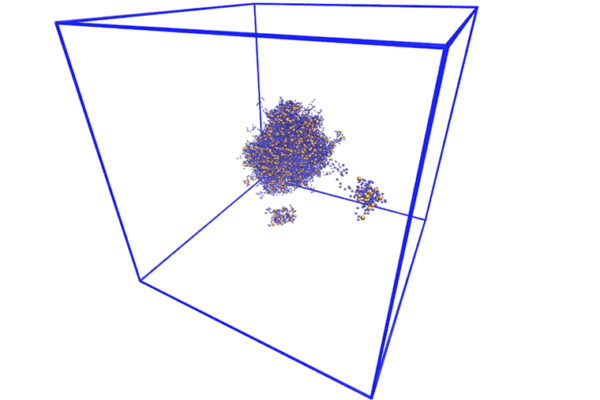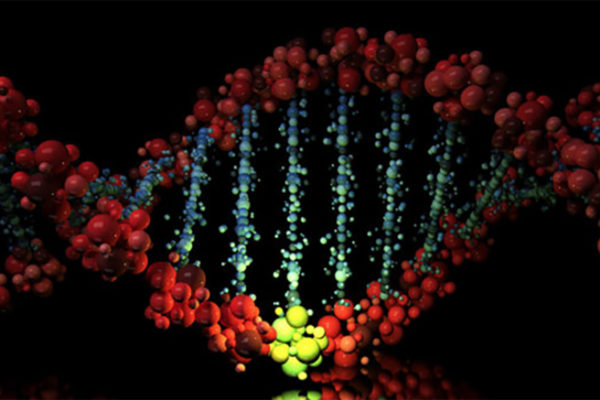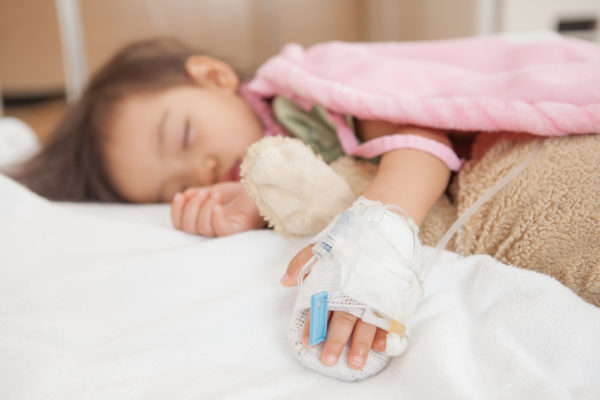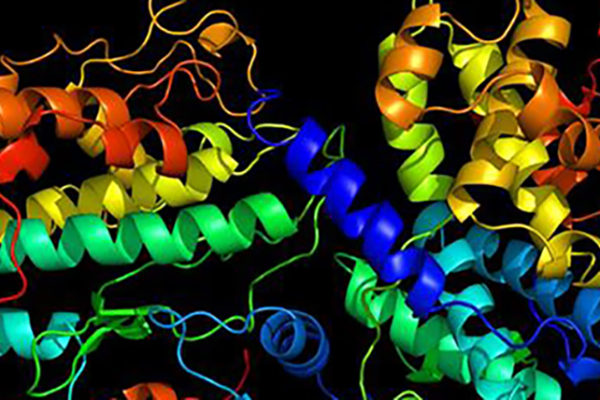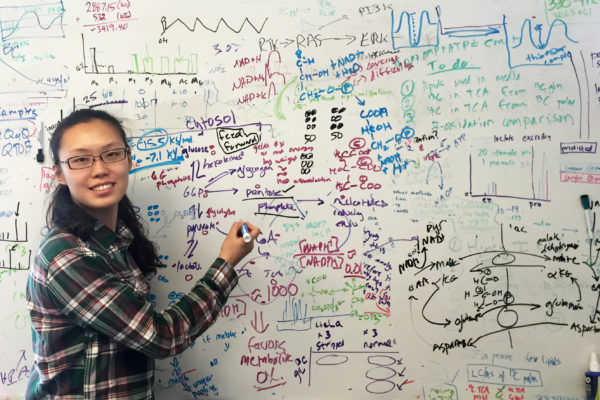Cancer centers to address pandemic’s impact on cancer prevention, treatment
A consortium of 17 U.S. cancer centers, including Siteman Cancer Center at Barnes-Jewish Hospital and Washington University School of Medicine, are working together to better understand the consequences of the COVID-19 pandemic in delaying cancer detection, care and prevention.
Collaboration lets researchers ‘read’ proteins for new properties
A collaboration between the McKelvey School of Engineering and St. Jude Children’s Research Hospital uncovers the underlying rules that, when broken, contribute to neurodegenerative diseases such as ALS.
Book explores cancer prevention among low-income women of color
A Washington University in St. Louis interdisciplinary initiative has sparked a wave of faculty research and the publication of a new book examining the incidence of cancer among low-income women of color in St. Louis and the Metro East communities of Illinois, including East St. Louis.
Role of cell group behavior target of $1.9 million award
Amit Pathak, a mechanical engineer at Washington University in St. Louis who specializes in mechanobiology, plans to take a closer look at various aspects of cell group behavior — and their implications for diseases such as cancer — with a prestigious five-year, $1.9 million grant for early-stage investigators from the National Institutes of Health (NIH).
How cells detect, mend DNA damage may improve chemotherapy
Human cells have a way of detecting and mending DNA damage caused by some common chemotherapy drugs, according to a new study from the School of Medicine. The findings could have important implications for treating cancer.
Does health insurance status affect childhood cancer survival?
Privately insured children and those with Medicaid at the time of a cancer diagnosis experience largely similar survival trends, with slight evidence for an increased risk of cancer death in children who were uninsured at diagnosis, finds a new study from the Brown School at Washington University in St. Louis.
How to stop dividing cancer cells in their tracks
Researchers from Washington University in St. Louis and St. Jude Children’s Research Hospital in Memphis made a discovery that uncovers the molecular logic of how dividing cells are stopped in their tracks. The team zeroed in on a specific protein, whose job is to stop a cell from dividing or to slow the division.
Challenging an old idea
For more than 80 years, scientists have thought that cancer cells fuel their explosive growth by soaking up glucose from the blood, using its energy and atoms to crank out duplicate sets of cellular components. But is this really true? Work in a metabolomics laboratory at Washington University in St. Louis suggests not.
Calcium carbonate: Tumor-fighting weapon
Engineers at Washington University in St. Louis use nanoparticle technology, applied to a drug found in most people’s medicine cabinets, to chemically alter a cancer tumor and stop its growth.
Surviving breast cancer: Younger women face bigger hurdles
Breast cancer takes a daunting toll on all women, but it hits younger women especially hard, finds a new study from the Brown School. Women aged 18-44 with a history of breast cancer reported a lower health-related quality of life than older survivors, highlighting the impact of breast cancer on the physical and mental health of younger women.
View More Stories

